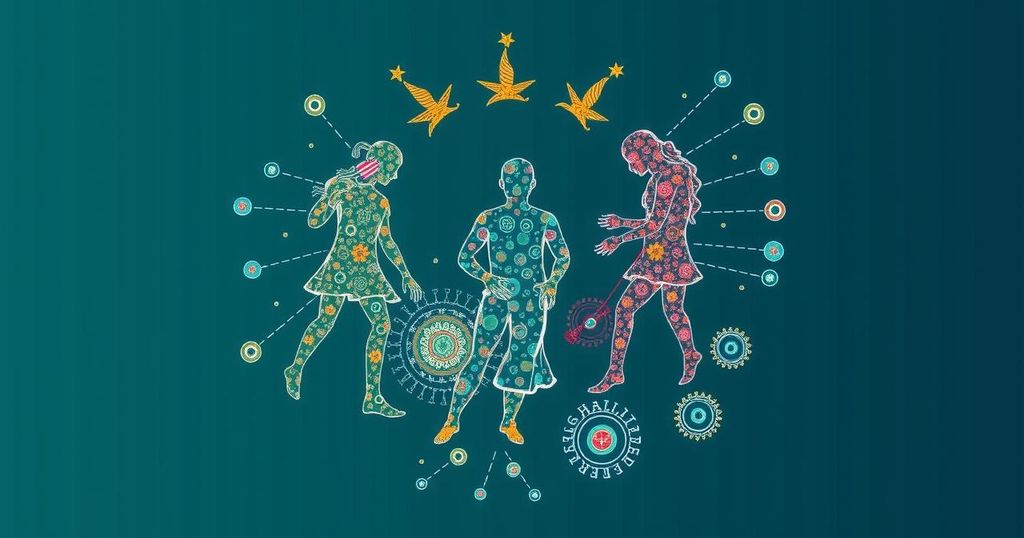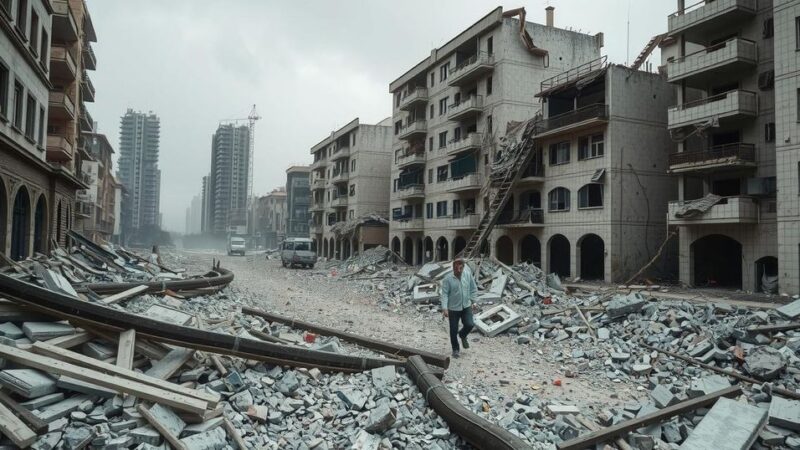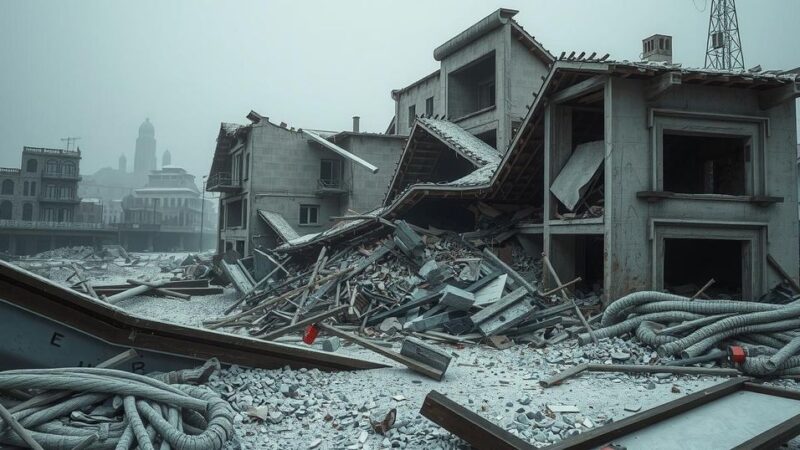PAHO has approved a new policy targeting health, climate change, and equity, calling for immediate action to address health inequities exacerbated by climate impacts. The policy emphasizes enhancing health sector capacities for climate adaptation while focusing on vulnerable populations. Historical climate events in the Americas illustrate significant health and economic challenges, necessitating urgent, equitable responses.
The Pan American Health Organization (PAHO) has recently enacted a significant policy aimed at addressing the interconnected challenges of health, climate change, and social equity. This policy emphasizes the necessity of enhancing the health sector’s resilience to climate impacts while simultaneously addressing health inequities among vulnerable populations. Key principles of this initiative include bolstering the capacity for climate adaptation within the health sector, ensuring equitable access to resources, and focusing on vulnerable communities that bear the brunt of the changing climate. PAHO’s communication underscored that the repercussions of climate change are not uniformly experienced; they vary based on socioeconomic status, geography, ethnicity, gender, age, disability, and migration status. Particularly at risk are Indigenous Peoples and various ethnic groups, who are deeply connected to their natural environments. The organization highlighted that the Americas are one of the most exposed regions to climate-related dangers, which are intensified by existing social inequalities and economies that rely on climate-sensitive sectors. Historical data delineates the severity of climate-related events in Latin America, revealing that from 2000 to 2013, the region encountered 613 extreme climate phenomena leading to significant loss of life and economic hardship. As reported by PAHO, heatwaves have particularly exacerbated health threats, contributing to a staggering 160% rise in heat-related mortalities in South America over the past two decades. Furthermore, there has been a worrying increase in mosquito-borne diseases such as dengue and malaria. Acknowledging climate inequality is not a solitary effort by PAHO; other notable organizations, including Oxfam and the United Nations, have echoed similar concerns. Initiatives aimed at aiding underserved communities in gaining access to clean energy solutions are underway, exemplified by efforts of organizations like Native Renewables, which promotes solar power for Native American families. In terms of policy implementation, Gerry Eijkemans, the director of the Department of Social and Environmental Determinants for Health Equity at PAHO, stated, “Climate change threatens to worsen existing health inequities, disproportionately affecting populations and territories in vulnerable situations. The health sector must take immediate and decisive action on climate change and health, with specific efforts to integrate equity in adaptation and mitigation measures.”
The interplay between health, climate change, and social equity is increasingly recognized as a pressing global challenge. The Pan American Health Organization (PAHO) actively seeks to address these multifaceted issues through policy frameworks that aim to strengthen the health sector’s capacity to adapt to climate change while also reducing health disparities among at-risk populations. The policy acknowledges diverse determinants of vulnerability to climate change, advocating for a tailored approach that considers the specific needs of different communities, especially those historically marginalized or disproportionately affected.
The new PAHO policy represents a critical step towards integrating health and climate change mitigation strategies while focusing on social equity. By highlighting the differential impacts of climate change on various populations, particularly vulnerable groups, the policy emphasizes the urgency for the health sector to act decisively. Through equitable adaptation and resource allocation, it aims to alleviate existing health inequities and empower communities to become more resilient in the face of climate-related challenges. Effective implementation of these strategies will be vital in improving health outcomes and fostering a sustainable future for all.
Original Source: www.thecooldown.com






